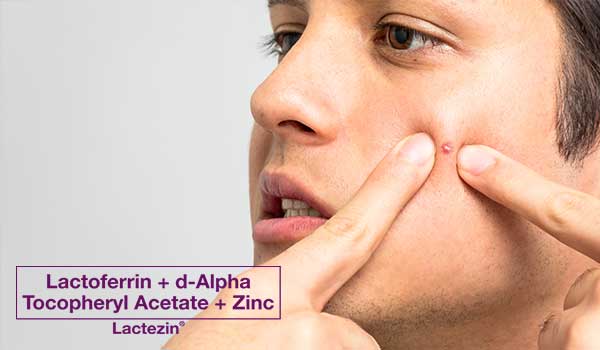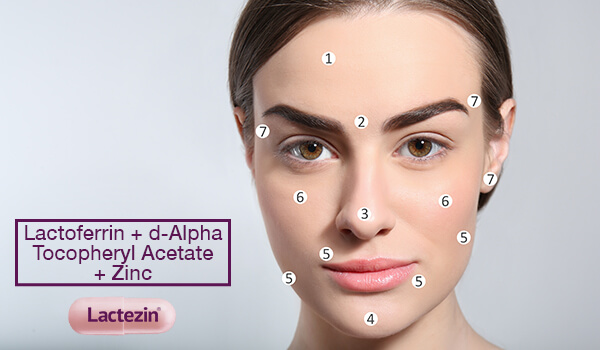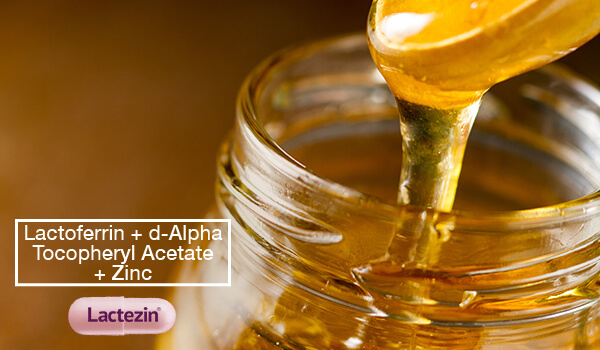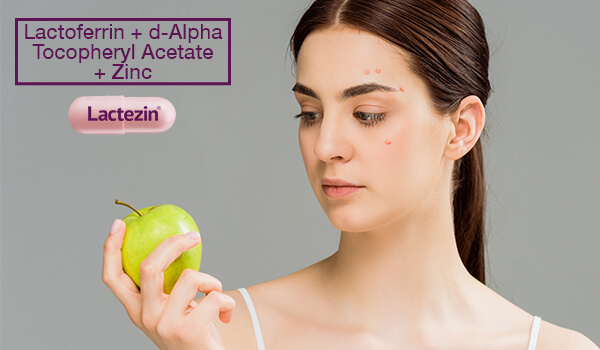Acne in Men 101

It’s not just women who get skin problems. Men have their fair share of them too, including acne.
Acne affects both males and females from puberty and can be experienced well into adulthood. Acne can be more common in adults than what we know, and although women are more likely to experience it, men are not immune to acne breakouts. The market offers a wide range of products geared towards women skincare, but nowadays acne treatments for men are also being explored and developed.
Before we get into how to treat acne in males, let’s take a look at how it differs from acne in women, other possible causes, and what you can do to manage it.
What causes acne in men?
Acne occurs when your pores are clogged with oil and dead skin cells. Ideally, these dead skin cells are supposed to rise to the surface of the pores, then flake off. When you produce too much oil, these dead skin cells can clump together. These globs of oil and skin form into a plug that blocks your pores.
In the case of male acne, the male hormone testosterone plays a big role. While the body producing normal levels of testosterone does not cause serious health problems (even in women, where the hormone is also present in small amounts). However, when it produces too much testosterone, it can stimulate the sebaceous glands to produce more sebum. Sebum in itself is not bad; it actually helps keep the skin soft and supple. But if too much is produced, it can clog the pores, along with dirt, bacteria, and dead skin cells, resulting in pimples.
Other possible causes of male acne include:
- Genetics – Men whose fathers had severe acne are very likely to have it, too.
- Dirty/Old Razor Blades Old razor blades can harbor bacteria, which can then make their way into your skin when you drag your blade across your face. Be sure to swap out your razor every five shaves (keep it at 10 uses, maximum).
- Shaving Products – Some shaving creams and gels can irritate the skin, resulting in breakouts.
- Weight training – Heavy training loads may cause short-term hormonal fluctuations, increased testosterone levels in particular, which can then lead to acne.
How is it different from acne in women?
Women are more likely to get acne during puberty and can be caused by the hormonal imbalances they experience during their monthly periods and the course of their pregnancy. On the other hand, men who may not have experienced acne breakouts during their adolescent years may experience getting their first zits as adults.
Men also tend to have more and larger pores than women, which often lead to longer-lasting and/or more severe acne. In addition, the pH level is lower in men, which increases impurities and makes their skin prone to breakouts.
Acne treatment for men
When it comes to the prevention of acne in men (and breakouts in general), it’s often the small things that make a big difference. If you’re on an acne care regimen, you probably have a good skincare routine that you maintain daily. But the habits that we overlook can actually help prevent pimples as well. You can reduce your risk of breakouts with some basic preventive steps:
- Wash your face twice daily. Cleansing more than 3x may exacerbate acne.
- Avoid harsh cleansers and scrubs.
- Absolutely do not touch or pop your pimples. This can lead to inflammation and scarring.
- Use skincare and shaving products that won’t clog your pores (non-comedogenic).
- Keep a healthy diet and drink plenty of water every day.
- Don’t dry out your skin. Avoid alcohol-based astringents and remember to moisturize. (Yes, even men can benefit from a good moisturizer!)
- Always wash your face after sweating. Do not go to bed with a dirty face.
- Don’t try a new acne treatment every week. Be patient and give your skin time to adjust to your routine.
- Try to avoid stress, which can affect your hormones.
- Clean your sheets and pillowcases regularly.
- Avoid touching your chin and jawline. You don’t want more bacteria to end up on your skin.
- For topical treatments, look for ingredients like salicylic acid glycolic acid and benzoyl peroxide. These all help to break down the bonds between dead skin cells, eliminating them from the surface of your skin and dissolving excess oil.
Taking Lactezin for acne
Aside from topical products like creams, ointments, and other skincare products that cater specifically to men, there are also oral medications available that can help with male acne. Oral medicine that reduces inflammation and sebum production like Lactezin®, can also be prescribed by your dermatologist. For the more persistent and severe cases, it is still best to consult a medical professional for a more accurate diagnosis and prescription.
Lactezin® is a pimple treatment that contains a breakthrough formulation of natural ingredients such as Lactoferrin, Vitamin E and Zinc. It can help treat pimples and can also help prevent it from recurring. To know more about this acne treatment, click here: How Lactezin Works
SOURCES:
none


